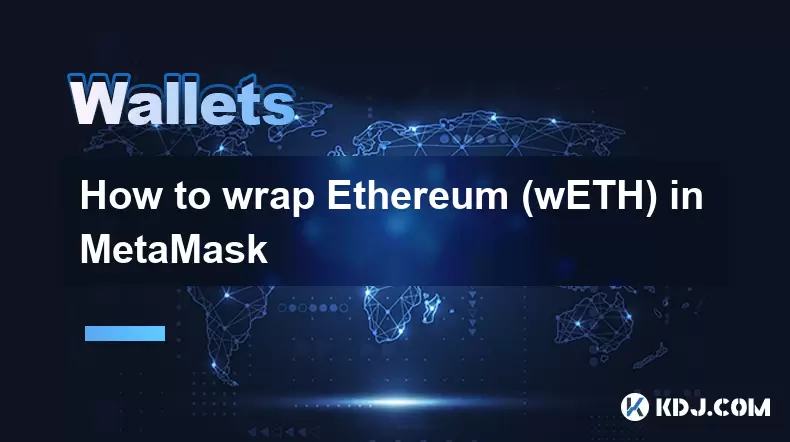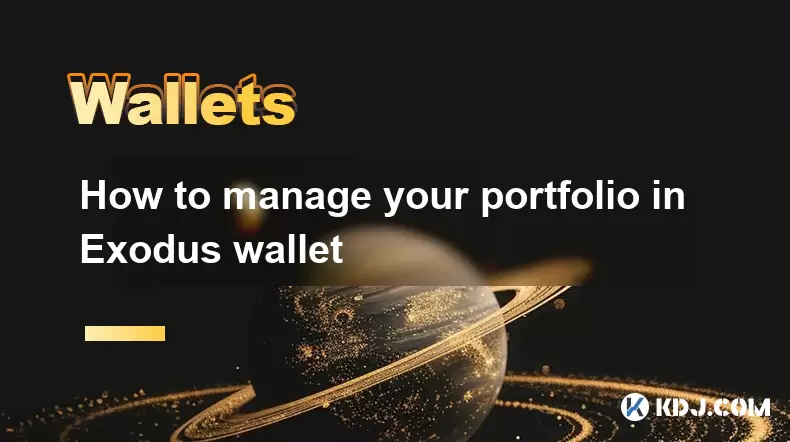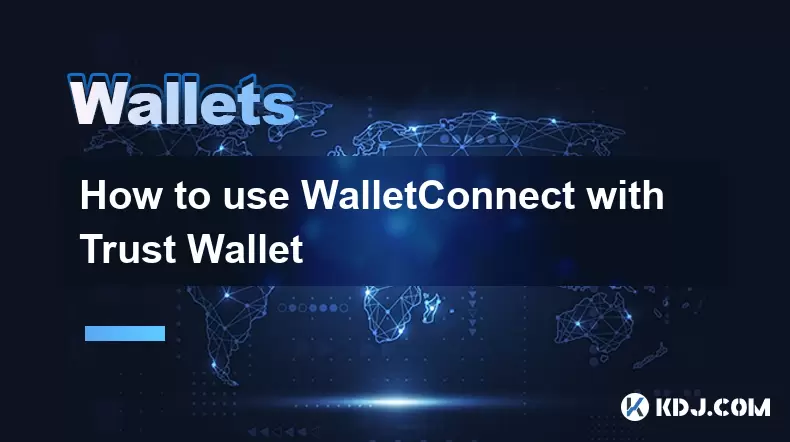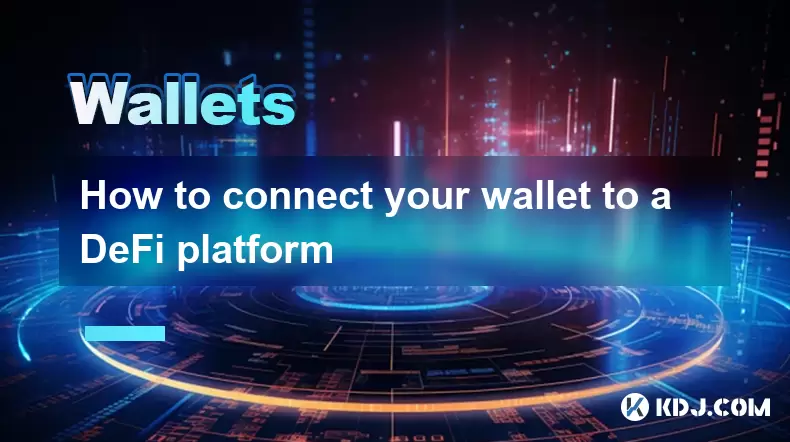-
 Bitcoin
Bitcoin $117600
0.25% -
 Ethereum
Ethereum $4424
0.10% -
 XRP
XRP $3.101
0.50% -
 Tether USDt
Tether USDt $1.001
-0.01% -
 BNB
BNB $836.2
1.26% -
 Solana
Solana $188.8
2.11% -
 USDC
USDC $1.000
0.01% -
 Dogecoin
Dogecoin $0.2301
0.57% -
 TRON
TRON $0.3485
-1.00% -
 Cardano
Cardano $0.9209
-1.34% -
 Hyperliquid
Hyperliquid $46.72
-1.19% -
 Chainlink
Chainlink $22.62
4.84% -
 Stellar
Stellar $0.4275
-0.38% -
 Sui
Sui $3.761
1.91% -
 Bitcoin Cash
Bitcoin Cash $586.7
-0.25% -
 Ethena USDe
Ethena USDe $1.001
0.01% -
 Hedera
Hedera $0.2510
2.06% -
 Avalanche
Avalanche $24.21
2.22% -
 Litecoin
Litecoin $119.7
1.07% -
 Toncoin
Toncoin $3.450
1.06% -
 UNUS SED LEO
UNUS SED LEO $9.411
-0.93% -
 Shiba Inu
Shiba Inu $0.00001298
1.20% -
 Uniswap
Uniswap $10.98
3.25% -
 Polkadot
Polkadot $3.961
2.16% -
 Dai
Dai $1.000
0.00% -
 Bitget Token
Bitget Token $4.642
0.95% -
 Cronos
Cronos $0.1514
0.57% -
 Ethena
Ethena $0.7290
3.78% -
 Monero
Monero $254.1
7.69% -
 Pepe
Pepe $0.00001102
2.47%
How to set the default transaction network in Binance Wallet?
Binance Wallet requires network selection for each crypto transaction; no default exists. Choosing the wrong network (e.g., BEP20, ERC20, TRC20) can lead to irreversible fund loss, so always verify with the recipient.
Mar 18, 2025 at 08:54 pm

Key Points:
- Binance Wallet doesn't offer a single, globally set "default" transaction network in the same way some exchanges might. Network selection is made on a per-transaction basis.
- The choice of network is crucial as it affects transaction fees and speed. Incorrect selection can lead to lost funds.
- Understanding the available networks (e.g., BEP20, ERC20, TRC20) and their associated cryptocurrencies is paramount.
- Binance Wallet prioritizes user clarity and control over automated default settings.
How to Choose the Correct Network in Binance Wallet for Each Transaction
Binance Wallet prioritizes user control and transparency over automated default network settings. This approach, while requiring more active user participation, minimizes the risk of accidental, costly errors. Instead of a single "default" setting, you select the network each time you send cryptocurrency. The correct network depends entirely on the cryptocurrency you're sending and the receiving wallet's capabilities.
Choosing the wrong network is a critical error that could result in the irreversible loss of your funds. Always double-check before confirming any transaction.
Understanding Cryptocurrency Networks
Before sending any cryptocurrency, it's essential to understand the different networks available. These networks, like BEP20, ERC20, and TRC20, are essentially different pathways for transferring tokens.
- BEP20: This is Binance's own token standard, used for tokens on the Binance Smart Chain (BSC). It's often characterized by lower transaction fees and faster speeds than Ethereum.
- ERC20: This is the most prevalent token standard on the Ethereum blockchain. Many popular tokens use this standard. Transactions can be slower and more expensive than BSC.
- TRC20: This is the token standard used on the Tron blockchain. It's known for its comparatively low transaction fees.
Many other networks exist, each with its unique characteristics in terms of speed, cost, and security. Always confirm the correct network with the recipient before initiating a transfer.
Step-by-Step Guide to Sending Crypto with the Correct Network
The process of sending crypto in Binance Wallet always requires explicit network selection. There's no way to globally set a default. Here's how to do it correctly:
- 1. Select the Cryptocurrency: Open your Binance Wallet and choose the specific cryptocurrency you wish to send.
- 2. Enter Recipient Address: Carefully enter the recipient's wallet address. Double-check for accuracy; a single incorrect character can lead to irreversible loss of funds.
- 3. Select the Network: This is the critical step. The available networks will be displayed. You must choose the network compatible with both your sending and receiving wallets. For example, if you're sending BNB, you'll have options like BEP20 (BSC) and BEP2 (Binance Chain). If sending an ERC-20 token, you would choose the Ethereum network (ERC20). Incorrect network selection will result in failed transactions.
- 4. Enter Amount: Input the amount of cryptocurrency you intend to send.
- 5. Review and Confirm: Carefully review all details: the recipient address, the amount, and especially the chosen network. Once you're completely certain everything is correct, confirm the transaction.
Common Mistakes to Avoid
- Using the Wrong Network: This is the most common and potentially devastating error. Always verify the network with the recipient.
- Typos in Recipient Address: Even a single incorrect character will send your funds to the wrong address, resulting in loss. Triple-check the address before confirming.
- Ignoring Transaction Fees: Understand that transaction fees vary significantly between networks. Factor these costs into your transfer.
- Not Backing Up Your Wallet: Ensure your Binance Wallet is properly backed up to prevent loss of access to your funds.
Frequently Asked Questions (FAQs)
Q: Can I set a default network in Binance Wallet?
A: No, Binance Wallet does not allow for setting a global default network. Network selection is required for every transaction.
Q: What happens if I choose the wrong network?
A: Your transaction will likely fail, and your funds may be lost. There is no way to recover funds sent to the wrong network.
Q: How do I know which network to use?
A: Always confirm the correct network with the recipient. They will specify the network their wallet supports for the specific cryptocurrency.
Q: What are the different networks supported by Binance Wallet?
A: Binance Wallet supports a wide range of networks, including but not limited to BEP20 (Binance Smart Chain), ERC20 (Ethereum), TRC20 (Tron), and others depending on the specific cryptocurrency.
Q: Are transaction fees the same for all networks?
A: No, transaction fees vary significantly between networks due to factors like network congestion and gas prices. BEP20 often offers lower fees than ERC20, for example.
Q: What if I sent my crypto to the wrong network?
A: Unfortunately, there's little that can be done if you send your cryptocurrency to the wrong network. It is highly unlikely that the funds will be recoverable. The best approach is prevention through meticulous verification.
Disclaimer:info@kdj.com
The information provided is not trading advice. kdj.com does not assume any responsibility for any investments made based on the information provided in this article. Cryptocurrencies are highly volatile and it is highly recommended that you invest with caution after thorough research!
If you believe that the content used on this website infringes your copyright, please contact us immediately (info@kdj.com) and we will delete it promptly.
- Kazakhstan's Crypto Leap: Bitcoin ETF and Central Asia's Digital Finance Future
- 2025-08-13 12:45:19
- BlockDAG Presale Blazes Past $371M: Fundraising Frenzy Fuels Crypto Sensation
- 2025-08-13 13:05:21
- Meme Coins: Chasing the 2025 Surge – Which Will Moonshot?
- 2025-08-13 10:25:23
- Bitcoin's Wild Ride: Rally, Pullback, and What's Next
- 2025-08-13 10:25:23
- Bitcoin, Bitmax, and Institutional Demand: A New Era of Crypto Investment
- 2025-08-13 10:45:12
- Solana, ROAM, and Airdrops: What's the Buzz in 2025?
- 2025-08-13 11:35:13
Related knowledge

How to wrap Ethereum (wETH) in MetaMask
Aug 13,2025 at 11:36am
Understanding Wrapped Ethereum (wETH)Wrapped Ethereum (wETH) is a tokenized version of native Ethereum (ETH) that conforms to the ERC-20 standard, ena...

How to manage your portfolio in Exodus wallet
Aug 08,2025 at 10:07pm
Understanding the Exodus Wallet InterfaceThe Exodus wallet is a non-custodial cryptocurrency wallet that supports a wide range of digital assets. When...

How to manage your portfolio in Exodus wallet
Aug 13,2025 at 11:35am
Understanding the Exodus Wallet InterfaceThe Exodus wallet is a non-custodial cryptocurrency wallet that supports a wide range of digital assets. Upon...

How to reset your MetaMask password
Aug 08,2025 at 01:28pm
Understanding the MetaMask Password Reset ProcessMany users confuse the MetaMask password with the seed phrase or private key, but they serve differen...

How to use WalletConnect with Trust Wallet
Aug 13,2025 at 01:07am
What Is WalletConnect and Why It Matters for Trust Wallet UsersWalletConnect is an open-source protocol that enables secure communication between dece...

How to connect your wallet to a DeFi platform
Aug 13,2025 at 11:36am
Understanding Wallet Compatibility with DeFi PlatformsBefore connecting your wallet to any DeFi platform, it's essential to ensure your wallet is comp...

How to wrap Ethereum (wETH) in MetaMask
Aug 13,2025 at 11:36am
Understanding Wrapped Ethereum (wETH)Wrapped Ethereum (wETH) is a tokenized version of native Ethereum (ETH) that conforms to the ERC-20 standard, ena...

How to manage your portfolio in Exodus wallet
Aug 08,2025 at 10:07pm
Understanding the Exodus Wallet InterfaceThe Exodus wallet is a non-custodial cryptocurrency wallet that supports a wide range of digital assets. When...

How to manage your portfolio in Exodus wallet
Aug 13,2025 at 11:35am
Understanding the Exodus Wallet InterfaceThe Exodus wallet is a non-custodial cryptocurrency wallet that supports a wide range of digital assets. Upon...

How to reset your MetaMask password
Aug 08,2025 at 01:28pm
Understanding the MetaMask Password Reset ProcessMany users confuse the MetaMask password with the seed phrase or private key, but they serve differen...

How to use WalletConnect with Trust Wallet
Aug 13,2025 at 01:07am
What Is WalletConnect and Why It Matters for Trust Wallet UsersWalletConnect is an open-source protocol that enables secure communication between dece...

How to connect your wallet to a DeFi platform
Aug 13,2025 at 11:36am
Understanding Wallet Compatibility with DeFi PlatformsBefore connecting your wallet to any DeFi platform, it's essential to ensure your wallet is comp...
See all articles

























































































